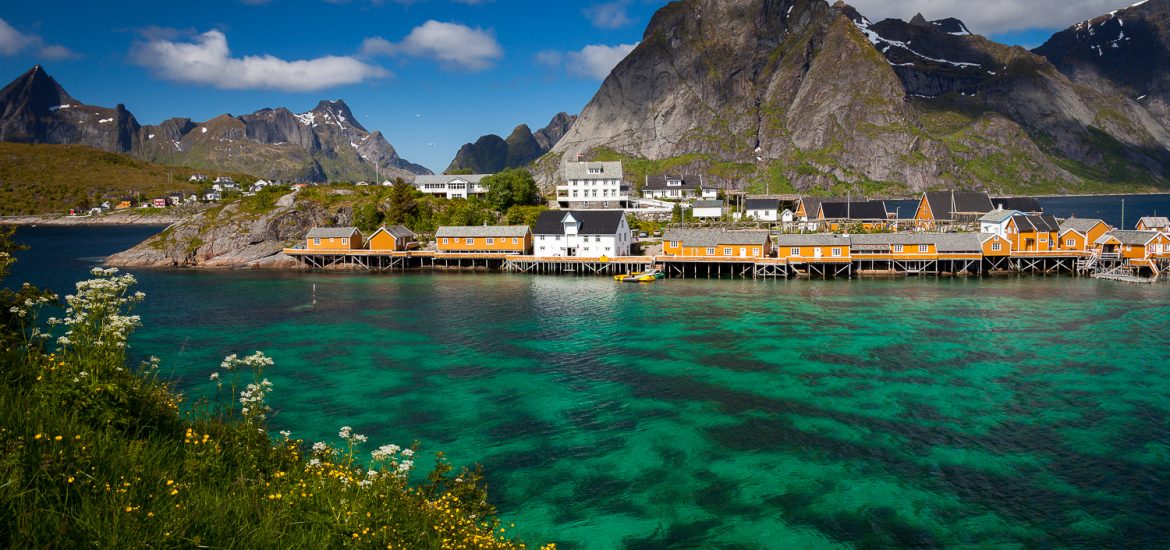
Norway’s right-of-centre government yesterday (Sunday) added the small centrist Liberal party to its coalition on the condition that Arctic exploration for oil and gas is shelved.
Norway is currently governed by a minority administration and will continue trying to build a working majority needed to pass legislation.
Prime Minister Erna Solberg, who has been in power since 2013, won only a narrow victory with her coalition partner, the anti-immigration Progress Party, in the September election. The new deal with the Liberal Party was unveiled by the three party leaders yesterday after 10 days of talks.
As part of the deal to expand the administration, the Norwegian Arctic regions of Lofoten (pictured), Vesteraalen and Senja will remain off-limits to oil exploration until at least 2021, which was a key Liberal demand to protect cod-rich fisheries and tourism in the frozen north.
The decision, although expected, disappointed energy firms which hoped to boost Norwegian output, western Europe’s largest producer of oil and gas.
“The potential for future value creation and jobs in these regions is large,” said lobby group Norwegian Oil and Gas in a statement issued after the announcement.
Oslo’s Ministry of Oil and Energy claims Lofoten holds 1.3 billion barrels of oil equivalent and the industry says the value of the oil could represent as much as US$65 billion.
According to the World Wildlife Fund, the water off Lofoten is the breeding area for an estimated 70 per cent of all fish caught in northern Norwegian waters.
“Parts of the oil policy, immigration and taxation were all difficult to agree,” Solberg told the media yesterday.
The distribution of ministerial jobs among the three parties will take more time to settle with an announcement expected by Friday.
With the addition of the eight Liberal parliamentarians, the coalition still remains short of a parliamentary majority, with 80 of the 169 lower-house seats, and the search for partners continues.
Traditional Conservative allies, the Christian Democrats, who also have eight seats, have resisted offers to enter the administration.
The Christian Democrats back the prime minister on fiscal issues but have rejected a formal deal.
The three leaders said they would continue to reform Norway’s US$1-trillion sovereign wealth fund, but did not make any specific promises.
Among the proposals considered for the Government Pension Fund of Norway, the world’s largest sovereign wealth fund, is a suggestion to allow it to invest in unlisted firms and infrastructure projects, as well as a potential split from its current manager, the central Norges Bank.
Lofoten. Picture credit: Wikimedia





